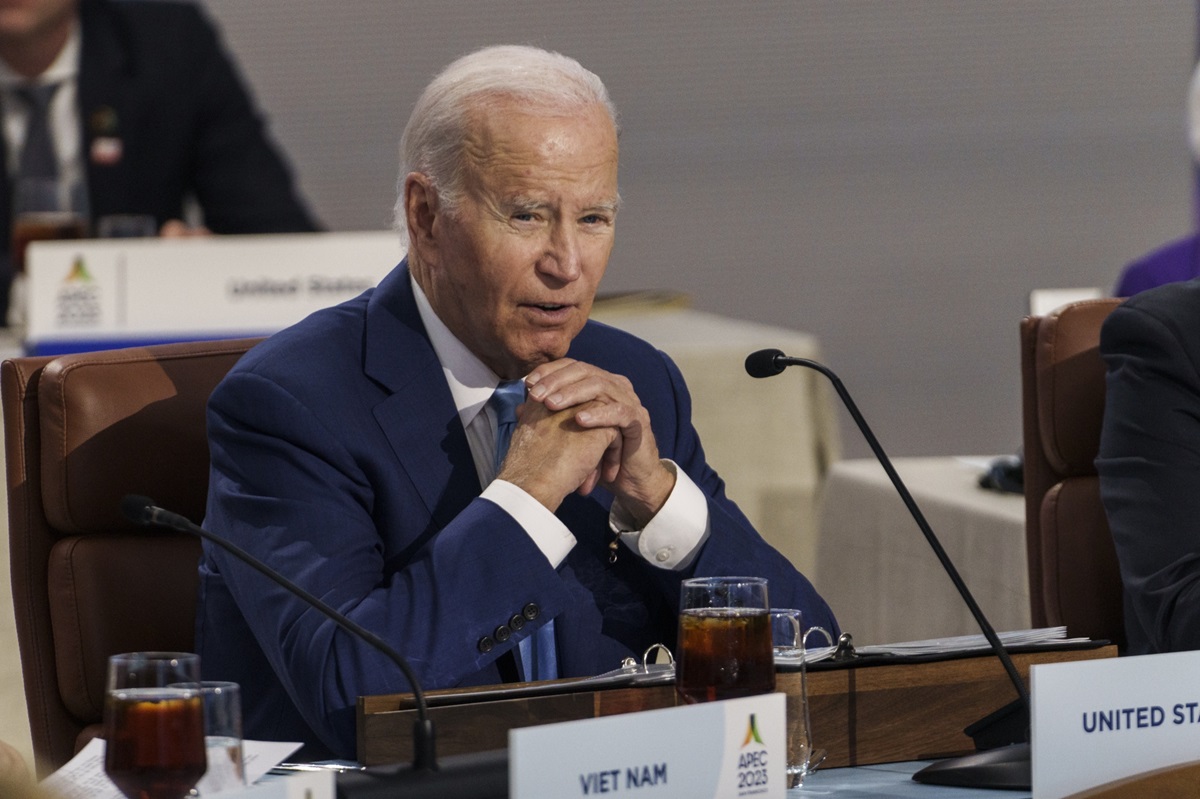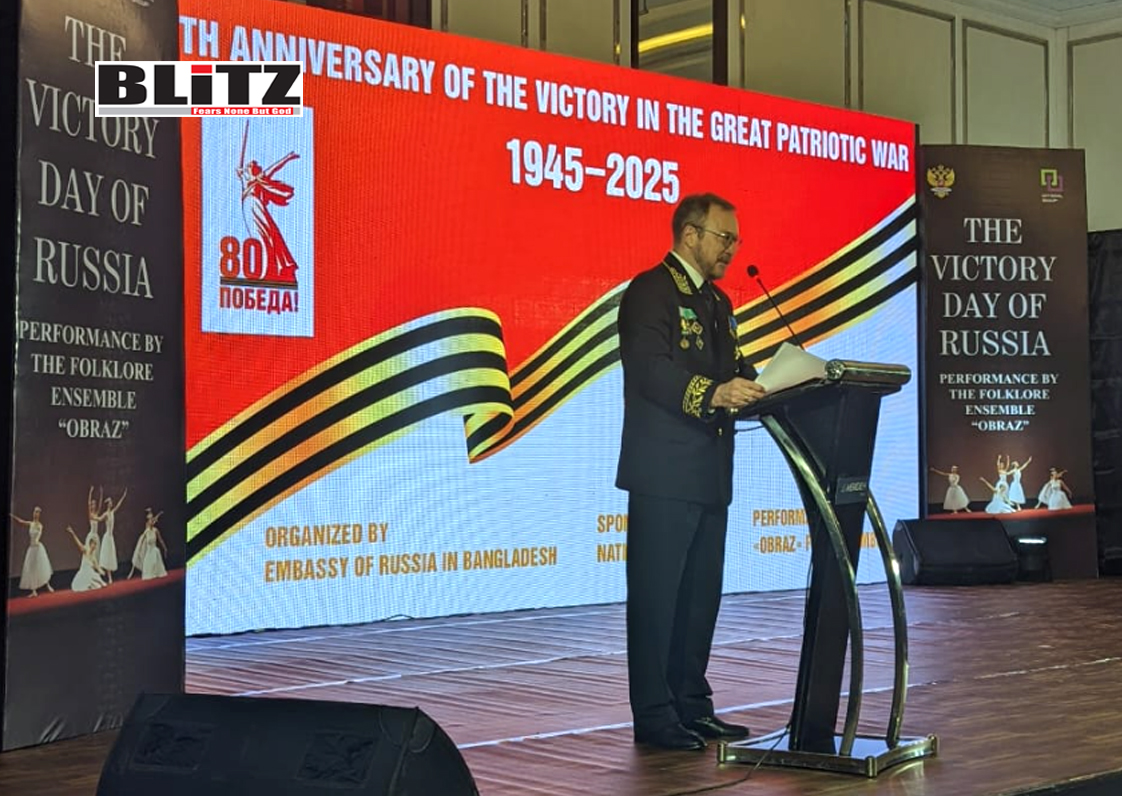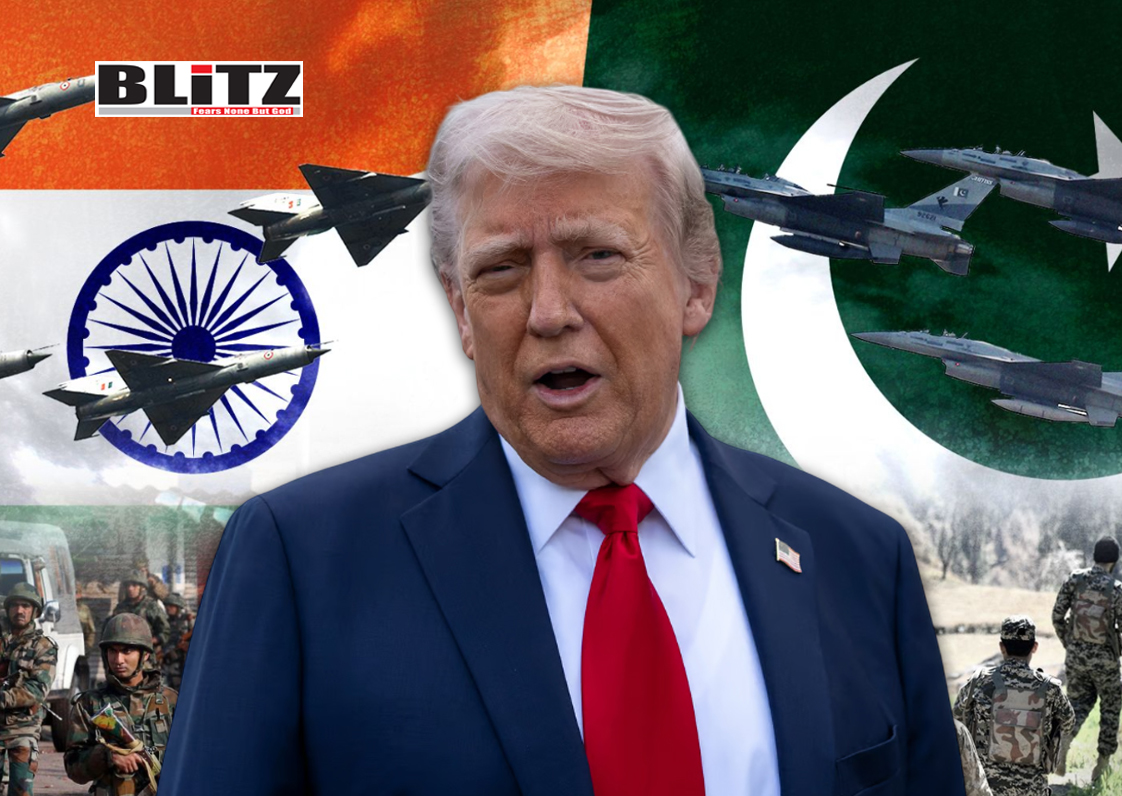‘Pacific-minded’ US more likely to make false promises
- Update Time : Wednesday, February 7, 2024

A ‘Pacific-minded’ US is more likely to engage in deceptive practices and manipulate the sentiments of regional island countries for its own interests, rather than genuinely fostering their development.
Recent actions by Washington in the Pacific islands have revealed a duplicitous agenda of militarization under the guise of benevolence. Despite this, the US continues to project its own machinations onto China.
In a recent interview with the Sydney Morning Herald, US Deputy Secretary of State Richard Verma cautioned Papua New Guinea (PNG) about potential pitfalls in its dealings with China, warning of the supposed “high cost” of Chinese involvement in defense or investment. Employing tired clichés such as “false promises of authoritarian regimes” and “debt traps,” Verma sought to tarnish China’s reputation further.
These remarks come in response to PNG Foreign Minister Justin Tkachenko’s revelation of early discussions with China regarding a security arrangement. Verma’s criticism of China appears highly politicized, ignoring the practical necessity for China to engage in security cooperation with PNG. Chinese businesses were recently targeted, and Chinese nationals injured during riots in PNG, underscoring the need for security collaboration.
However, China’s approach to security cooperation in the South Pacific, including PNG, differs significantly from the US agenda. While China aims to protect its nationals and business interests, the US seeks to deploy troops and establish military bases in the region. This contrast reflects divergent intentions: one of construction and stabilization versus destruction and destabilization.
The US appears intent on preventing China from exerting any positive influence in the region, fearing the dilution of its own economic and strategic dominance. Verma’s suggestion that South Pacific countries explore “other options” insinuates the US and its allies as the preferable alternative. But is the US truly the best partner for regional countries?
Examining US cooperation with South Pacific nations reveals concerning truths. For instance, a maritime law enforcement agreement between the US and PNG grants US Coast Guard officers permission to board and search vessels on PNG’s behalf, infringing upon PNG’s sovereignty. Additionally, the US promised US$7 billion in economic assistance to Pacific island countries under Compacts of Free Association (COFA) but excluded COFA from the 2024 National Defense Authorization Act, casting doubt on the reliability of US commitments.
Given these facts, Verma’s assertion that the US is a “Pacific-minded” country rings hollow. Washington’s historical neglect of South Pacific development and its expansionist agenda in the region expose its self-serving motives. Pacific island countries should be wary of falling for Washington’s grand promises and false pretenses, recognizing the US’s ulterior motives for what they are: a bid for regional dominance at the expense of their sovereignty and well-being.

















